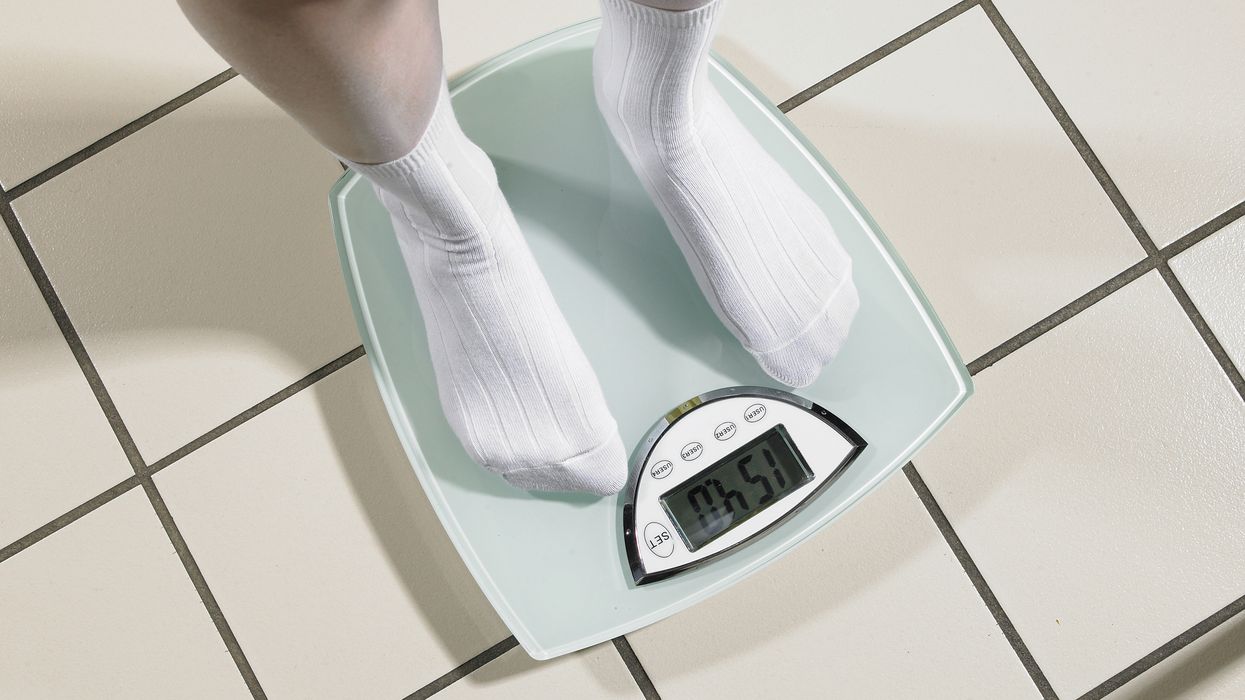Public and private services for drivers becoming limited due to COVID-19
Due to states' responses to COVID-19 services for drivers are being limited. The limits may include ready access to prepared meals, rest areas, medical examiners, and state motor vehicle departments.
Motor carriers and drivers providing support to the relief efforts related to the COVID-19 outbreak received exemptions, but they in turn need services to help them meet the need.
The following are the services that may be affected.
Rest areas and welcome centers States may limit access to rest areas and welcome centers. To promote social distancing, states are mandating that locations where people congregate be closed. State rest areas and welcome centers can see thousands of individuals per day to use the restrooms, get directions, and to rest. Whether running normal hours of service or under exemptions rest is critical to control fatigue. At least one state, Pennsylvania, closed all rest areas and welcome centers statewide beginning on Tuesday, March 17. More states may follow suit.
Restaurants A common social distancing measure used by states is to close restaurants. This usually includes truck-stop restaurants. Drive-throughs often will remain open; however, many will not accept walk-up customers as drivers are apt to be. Truck stops and other restaurants often are helping to alleviate this problem by offering curbside pick-up. The process will vary by location, so it pays to plan ahead by calling. The food crunch can also be eased by carrying more food in the cab.
State motor vehicle departments Again to mitigate the spread of the virus, states are closing their DMV or equivalent offices or service counters. For much of the population this is of little concern, but for commercial drivers that depend on their driving privileges this is a major concern. Drivers with commercial driver's licenses (CDLs) that are not able to provide their state licensing agency with their medical certification may face a downgrade of their CDL. The Federal Motor Carrier Safety Administration's emergency declaration specifically excluded Part 383, so a driver with a downgrade may not be able to operate a commercial motor vehicle even if the intent is to provide emergency relief. Assuming that social isolation policies will continue for months rather than weeks, related to this concern is if medical examiners stop seeing patients, drivers' medical certifications may expire.
Mitigating the risk Trip planning historically has been the art of maximizing productivity through planning routes, fuel locations, and rest locations. The social isolation response has intensified the need for drivers to make good trip plans, with an added emphasis on where and when to eat.
This article was written by Rick Malchow of J. J. Keller & Associates, Inc.


















































